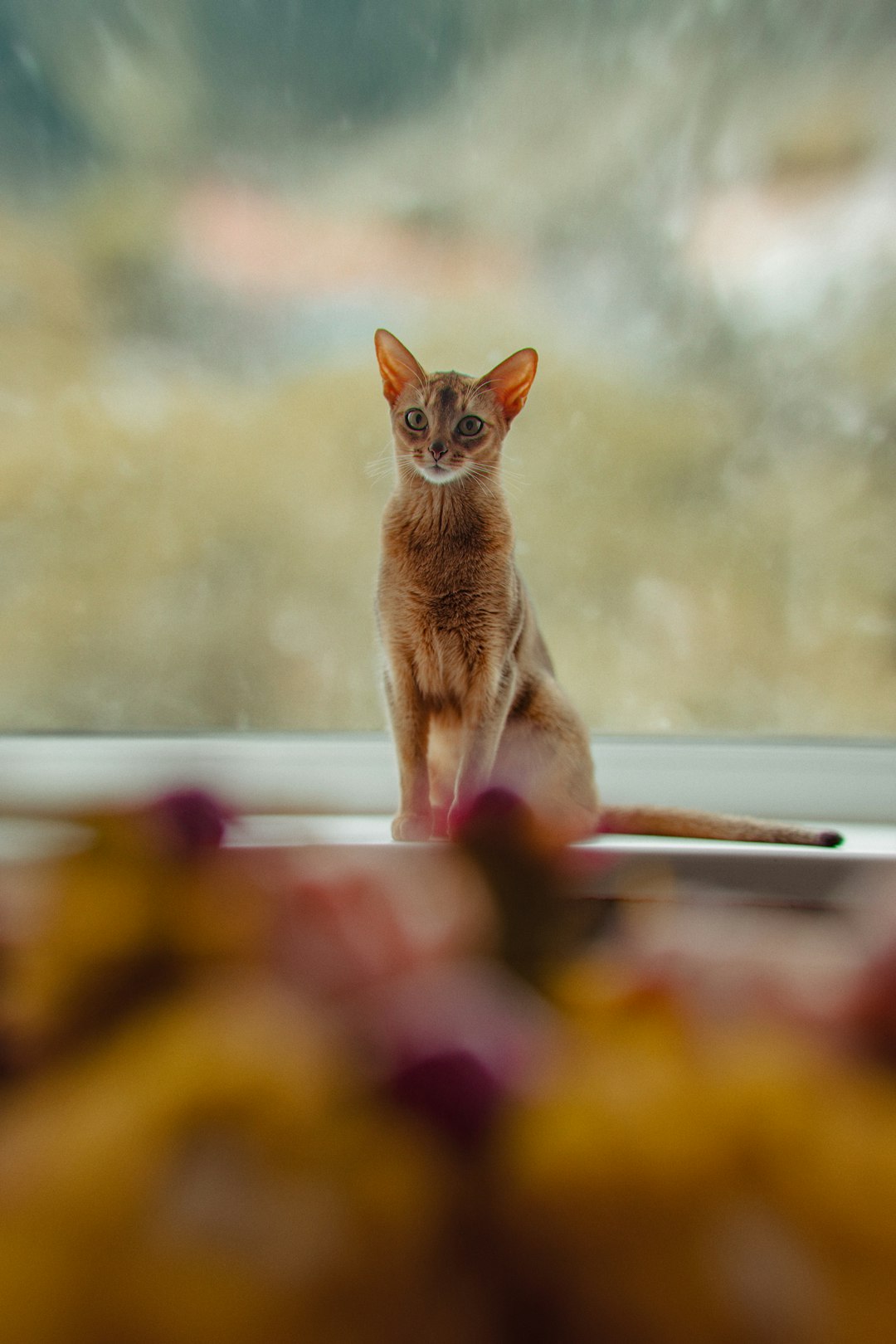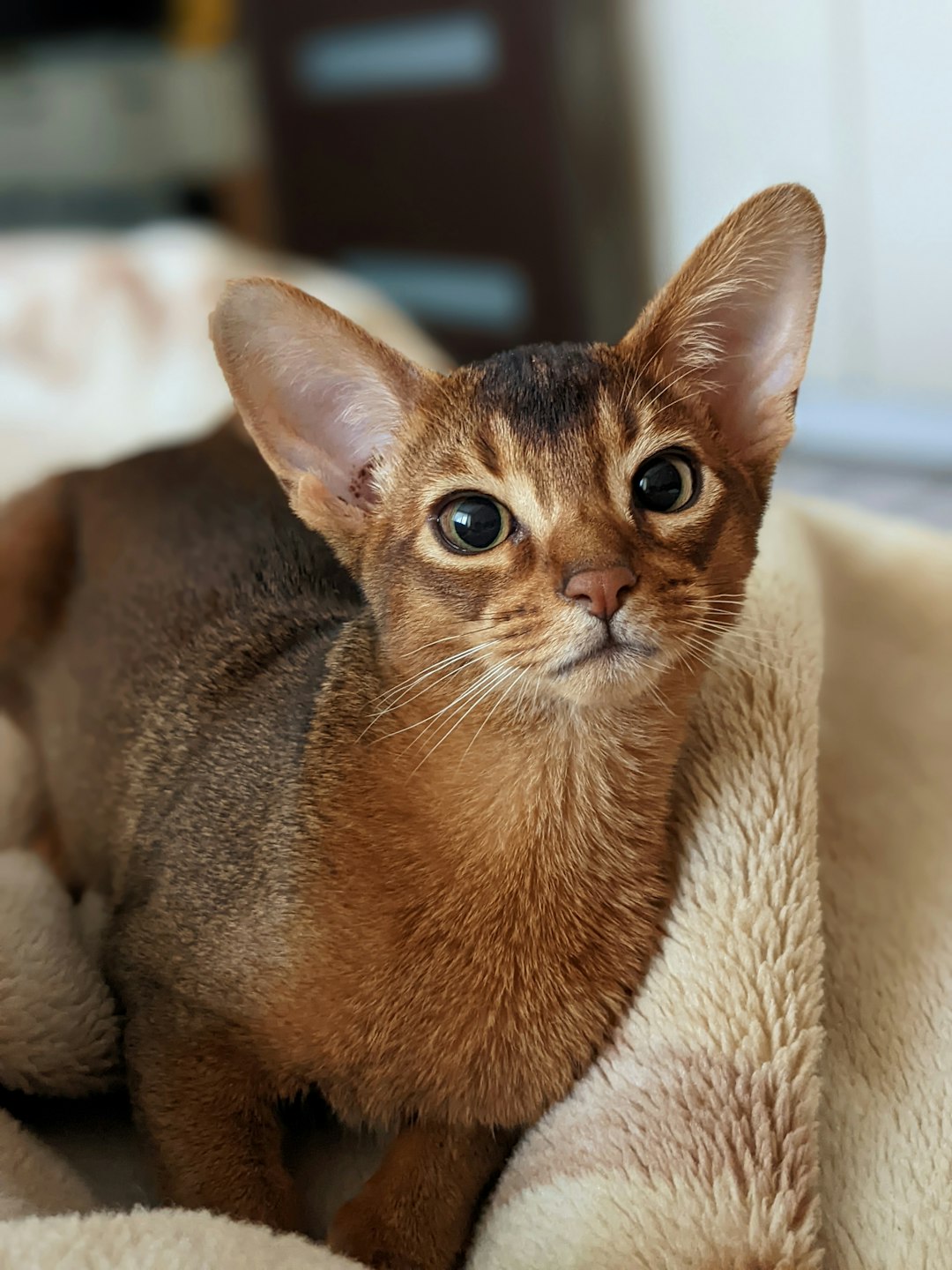If you think your average house cat is the pinnacle of feline greatness, buckle up, because we’re diving into the wild world of exotic cats! These little furry beasts come with traits that could put your typical tabby’s charm to shame—think more “roaring royalty” and less “cuddly couch potato.” From the wild looks to the quirky behaviors, these cats are not just pets; they’re an experience! So, grab your safari hat (or, you know, your catnip) and let’s explore some purrfectly unique breeds that will make any cat lover’s heart flutter.
Introduction to Exotic Cat Breeds
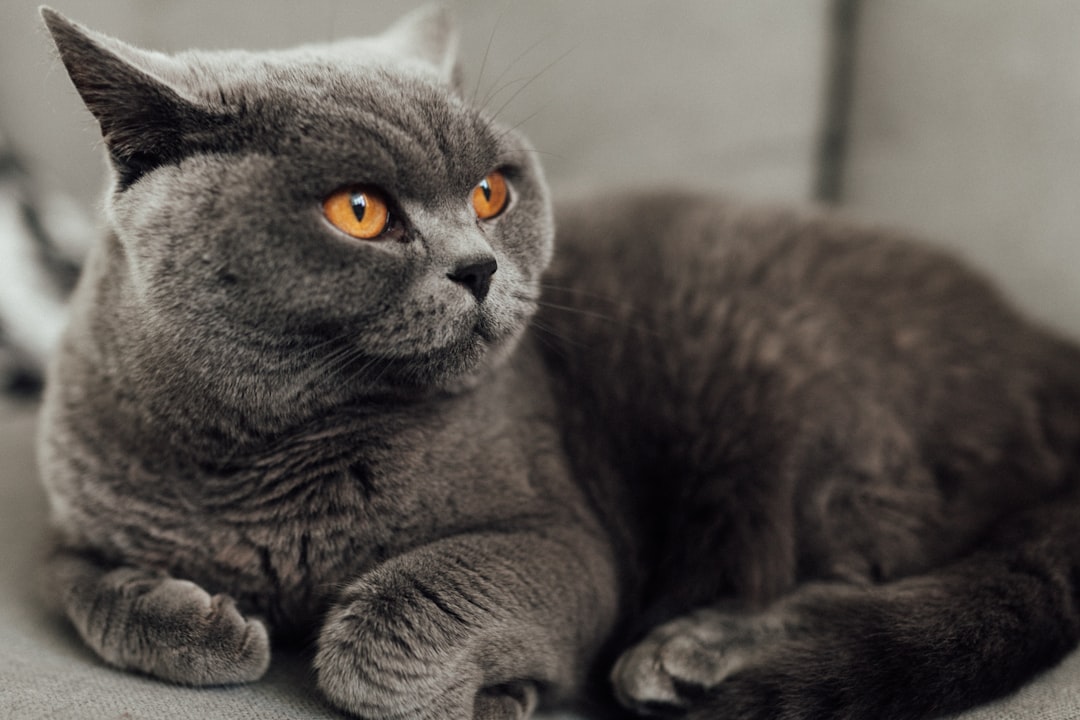
Welcome to the wild world of exotic cats, where your average tabby cat feels like a shy, wallflower at a party! These fabulous felines aren’t just your regular purring companions; they come with a flair that could make even the most seasoned cat enthusiast’s head spin.
So, what makes these creatures “exotic”? Let’s break it down:
- Origin: Unlike your local shelter residents, exotic cats often come from far-off lands, bringing with them tales of adventure and mystery.
- Looks: Spotting an exotic cat can feel like being in a living art gallery—each breed flaunts unique colors and patterns that could give Monet a run for his money!
- Personality: Many exotic cats possess a quirky charm that keeps their humans on their toes—think of them as the cat equivalent of an unpredictable comedian.
So, buckle up, folks! We’re about to embark on a delightful journey exploring these magnificent creatures. By the end, you might just find yourself yearning to adopt one of these fabulous exotic cats!
Characteristics of Exotic Cat Breeds
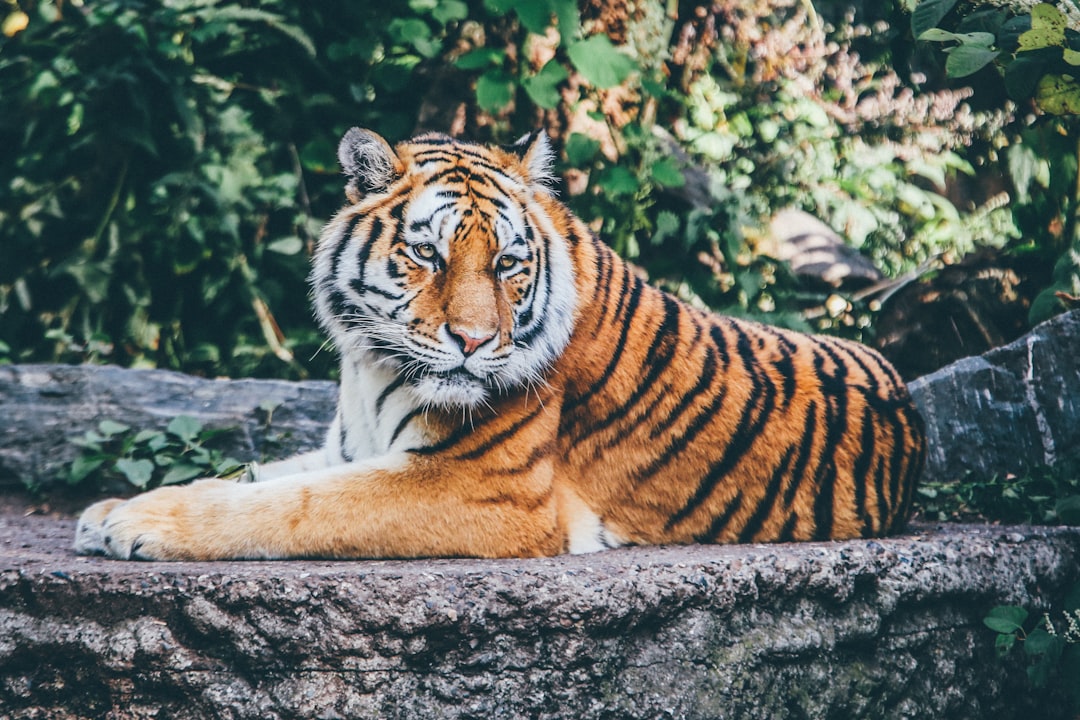
Exotic cats bring a splash of pizzazz to your home, but they come with a unique set of characteristics that set them apart from your average tabby. Let’s dive into the feline wonderland that is exotic cats! Here’s what makes them as exceptional as a cat wearing sunglasses:
- Looks That Kill: Exotic cats often flaunt stunning coats and distinct markings. Think of them as the supermodels of the cat world—always ready for a fashion show!
- Size Matters: Many exotic cats are larger than your regular house cat. They often strut around like they own the place. Just remember, with great size comes great cuddling duty!
- Energy Level: Prepare for an activity extravaganza! These cats have energy levels that would put Energizer bunnies to shame. They’re not just pets; they’re life coaches—pushing you to stay active!
- Personality Plus: Expect big personalities! From the sassy Bengal to the laid-back Ragdoll, exotic cats come with varying temperaments, offering something for everyone.
In summary, if you want a cat that’s both a pet and an adventure buddy, exotic cats have got you covered. Just remember to keep the treats handy — these delightful creatures love to be spoiled!
Popular Exotic Cat Breeds
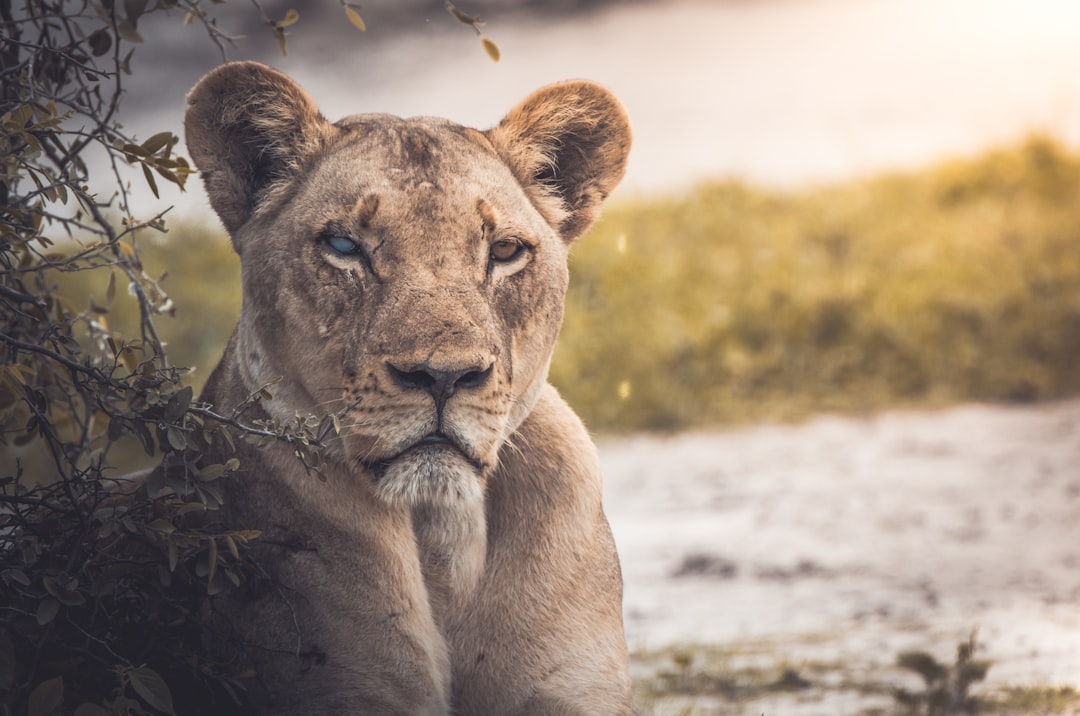
When it comes to exotic cats, the choices can seem more luxurious than a five-star hotel for cats! Here are some fan-favorites that are making waves (and purring like they own the place):
- Savannah: This stunning hybrid of domestic cats and servals brings the wild into your living room. Think of it as owning a luxury sports car that purrs!
- Bengal: With its mesmerizing leopard-like spots, the Bengal doesn’t just look fancy. It’s the feline equivalent of an exotic sports watch—everyone will want to know where you got it!
- Sphynx: For those who prefer a hairless twist, the Sphynx brings the exotic in a smooth, wrinkle-ready package. Kind of like a potato, but with sass!
- Oriental Shorthair: Known for its vibrant colors and playful spirit, this breed is perfect for those who appreciate a colorful personality.
Here’s a quick comparison of these showstoppers:
| Breed | Looks | Personality | Grooming Needs |
|---|---|---|---|
| Savannah | Spotty & Wild | Playful and Social | Low |
| Bengal | Exotic Spots | Active and Energetic | Low-Medium |
| Sphynx | Hairless Wonder | Affectionate and Clingy | Medium (bath needed) |
| Oriental Shorthair | Colorful Coats | Curious and Vocal | Low |
So, whether you fancy a wild spirit or a snuggly potato, the world of exotic cats has a perfect gem just waiting for you!
Caring for Exotic Cats
Caring for exotic cats is like hosting a fabulous soirée for a celebrity—your cat deserves the red carpet treatment! Here’s how you can ensure your fur-tastically unique feline feels right at home:
- Dietary Delights: Exotic cats need gourmet food worthy of a five-star restaurant. Opt for high-quality cat food rich in protein. Avoid that suspicious discount stuff; no one wants a diva cat on a ramen noodle diet!
- Litter Box Luxuries: These kitties might need more space in their litter boxes than your average tabby. They’re not just using a bathroom; they’re running an exclusive nightclub. Keep it clean and spacious!
- Grooming Glam: Exotic cats often flaunt luxurious coats that require regular brushing. Think of it as giving them a spa treatment! And hey, that’s one way to bond.
- Playtime Extravaganza: Keep the fun rolling with interactive toys. Exotic cats have vibrant personalities, and a game of chase is their way of saying, “Let’s get wild!”
By keeping these tips in mind, you’ll have a purring powerhouse that’s not just exotic in appearance, but also in its catered lifestyle!
Exotic Cats: Temperament and Behavior
When it comes to exotic cats, expect the unexpected! These feline friends come with personalities that can be as wild as their looks. So, buckle up as we dive into the quirks and curiosities of these magnificent creatures!
- The Adventurer: Many exotic cats, like the Bengal, share a penchant for exploration. Your home will become a jungle gym, so get ready for some acrobatics!
- The Cuddle Monster: Certain breeds, such as the Ragdoll, often turn energetic spins into cozy snuggles. Who knew an exotic cat could be a chaotic cuddler?
- The Chatty Cathy: Some, like the Siamese, have vocal cords that could rival a karaoke champion. Get ready for some late-night “meow-sical” performances!
- The Gentle Giant: Exotic cats like the Maine Coon are known for their sweet, easygoing demeanor. It’s like living with a fluffy teddy bear that purrs!
In conclusion, when considering exotic cats, prepare for a blend of charm, sass, and occasional wild behavior. Each furball brings its own personality to the litterbox!
Health Considerations for Exotic Cats
When it comes to exotic cats, taking care of their health can be as tricky as getting a cat to take a bath—nearly impossible, and somewhat chaotic! These unique creatures may look like they belong in a wildlife documentary, but they have their own set of quirks to keep them purring. Here’s what to keep in mind if you’re considering adding these fabulous felines to your family:
- Diet: Exotic cats need a gourmet menu, not the standard kibble! Think high-quality proteins and a balanced diet. Serve it up like a five-star restaurant!
- Size Matters: Yes, some exotic cats can grow to sizes that would make a Great Dane blush. Ensure you have enough space for them to roam like the royalty they are!
- Regular Vet Visits: Like any family member, they need yearly check-ups. More importantly, exotic cats might require special vaccinations. Don’t let that adorable face fool you!
- Grooming Needs: Some breeds have coats that would put your local hair salon to shame. Regular grooming keeps them looking fabulously fierce!
- Mental Stimulation: Exotic cats are smart cookies. They crave puzzle toys and interactive playtime. Otherwise, they might just decide to redecorate your furniture.
Only adopt or buy from trusted sources to avoid health issues—there’s no better way to bring joy than with a healthy, happy exotic cat!
Adopting vs. Buying Exotic Cats
Ah, the age-old debate: should you adopt your next furry overlord or dive into the world of purchasing exotic cats like you’re shopping for a new car? Let’s break it down purr-fectly!
Adopting Exotic Cats
- Cost-effective: You can save your pennies for catnip and toys instead!
- Heroic vibes: Giving a home to a fur baby in need feels so good. You might even earn a medal for your heroics!
- Variety: Shelters usually have a mix including those quirky exotic cats, waiting to snuggle.
Buying Exotic Cats
- Specific breeds: Want a Savannah or Bengal? You’ll find a specific choice here—just be ready to fork over some cash!
- History: You often get more info about the cat’s lineage, perfect for those wanting a purebred exotic cat.
- Personality preview: Breeders can sometimes offer insights into the temperament of their exotic cats.
In a nutshell, whether you adopt or buy, just remember: every exotic cat deserves a loving human—so go forth and make that feline dream come true!
The Future of Exotic Cat Breeds
As we peer into the crystal ball of catdom, the future of exotic cats looks as dazzling as a disco ball at a feline rave!
- Innovation in Breeding: Thanks to advancements in genetics and breeding, expect more exotic cats with unique patterns and temperaments, like a tabby who thinks it’s a unicorn—because why not?
- Conservation Efforts: Amidst the fluffy chaos, many breeders strive to conserve natural habitats and maintain genetic diversity. This keeps our exotic cats viable and prevents them from turning into feline versions of Bigfoot—legendary, but rarely seen!
- Lifestyle Adaptation: As more people work from home in pajama fashion, watch for a rise in exotic cats known for their cuddly nap abilities! Seriously, those little furballs could teach us a thing or two about mastering the art of relaxation.
- Technological Integration: Imagine apps that let you check in on your exotic cats—yes, you could see who’s hogging the sunbeam while you sip coffee!
So fear not, whisker enthusiasts—the world of exotic cats is a bright, fluffy place just waiting to prance into our lives!
Frequently Asked Questions
What are some of the most exotic cat breeds I can adopt?
Well, hold onto your catnip! Some of the most exotic breeds that’ll make your heart go pitter-patter include the Bengal, with its wild leopard-like markings, the Sphynx, those lovable goofballs that are hairless and all about the snuggles, the Abyssinian, who might just be the world’s most elegant cat, and the Savannah, a dazzling hybrid that’s part serval and all personality! Adopt these beauties and you’ll instantly have a feline friend that’s as unique as your collection of vintage cat-themed salt shakers.
Do exotic cats have special care needs?
Oh boy, do they! Exotic cats are like the divas of the feline world. They require a balanced diet – no, not just any old kibble; think gourmet! They love to play, so fun toys that stimulate their brains are a must. Regular grooming is essential too, especially for those fluffy, stylin’ breeds. But hey, if you’re willing to roll with the punches (and the occasional scratch), these exotic darlings will repay you with love that’s as boundless as a catnip-fueled frolic!
Can I keep an exotic cat in a small apartment?
Ah, the age-old question: Can you have a lion in a shoebox? While exotic cats can be adaptable, it depends on their personality. For example, a Sphynx will love your cozy space as long as you have a sunny window for soaking up rays, but a Savannah might spontaneously decide that the apartment’s floor won’t do and channel its inner wildcat! Ensure you provide plenty of vertical space with cat trees and toys, and your small apartment can be transformed into a feline paradise!
Are there any legal restrictions on owning exotic cats?
You bet your fluffy tail there are! Owning exotic cats is not just a whimsical dream; it often comes with legal strings attached. Depending on where you live, some breeds are regulated or outright banned because, let’s face it, owning a tiger isn’t as simple as bringing home a new goldfish! Always check local laws; what’s permissible in one state could land you in a lot of hot water in another! So remember, do your research, and maybe stick to the domestic felines if you want to avoid any ‘cat-astrophic’ legal troubles.


